24/7 Helpline:
(866) 899-221924/7 Helpline:
(866) 899-2219
Learn more about Group Therapy centers in Lake County

Other Insurance Options
Beacon

Private insurance

Choice Care Network

CareFirst

Oxford

PHCS Network

Optum

MVP Healthcare

Magellan Health

GEHA

ComPsych

Medical Mutual of Ohio

Sutter

Horizon Healthcare Service

MHNNet Behavioral Health

Kaiser Permanente

State Farm

WellPoint

United Health Care

Ambetter















































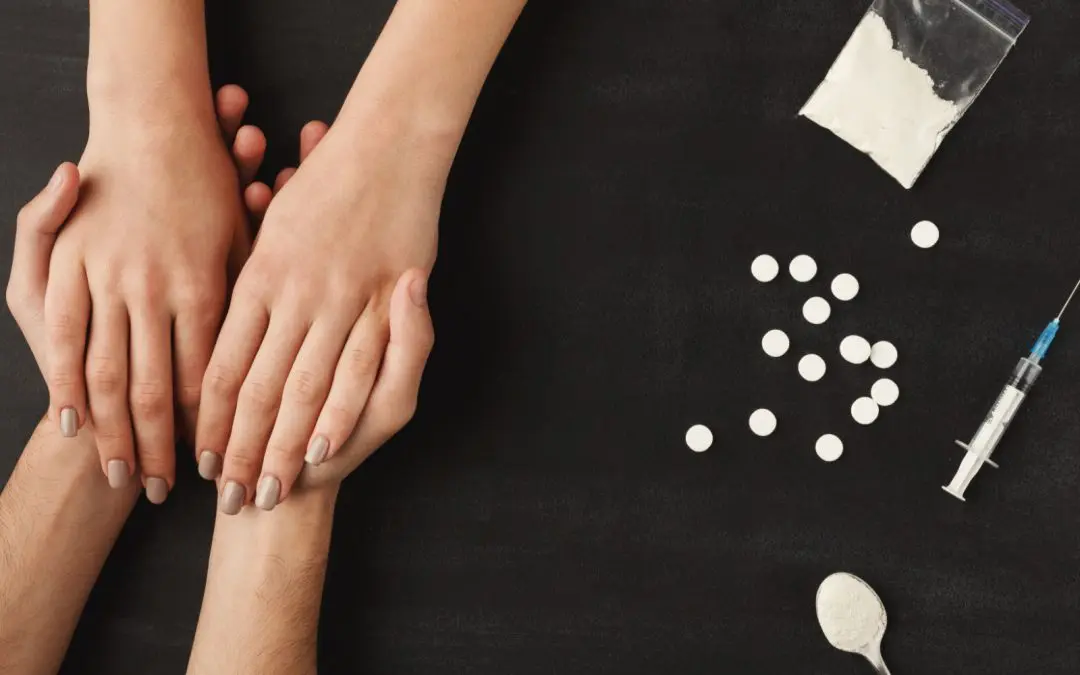

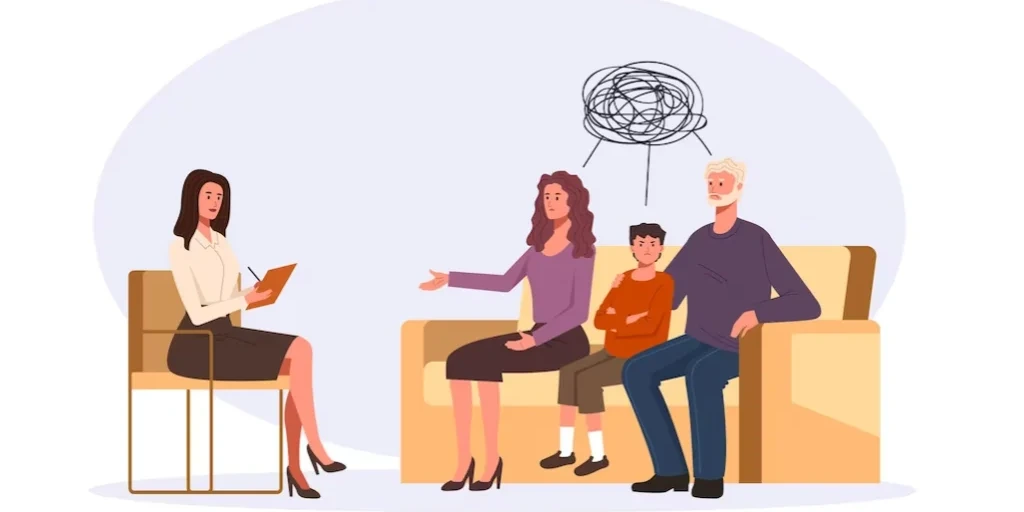


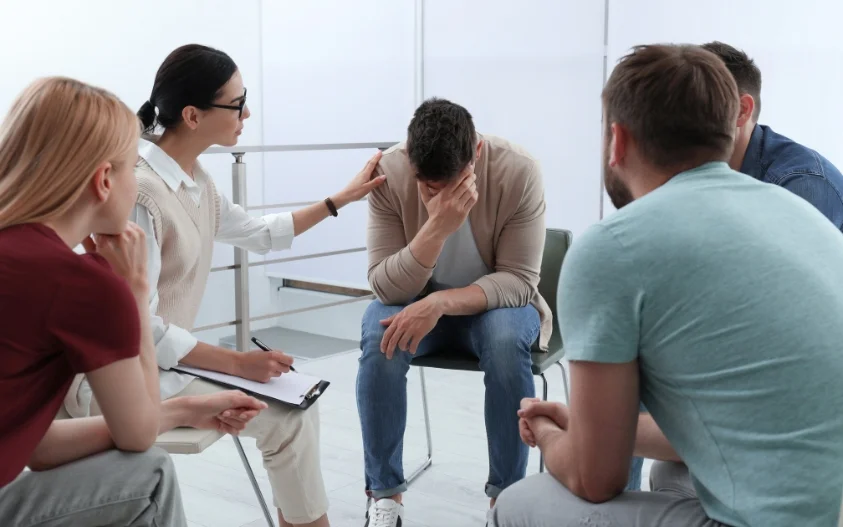









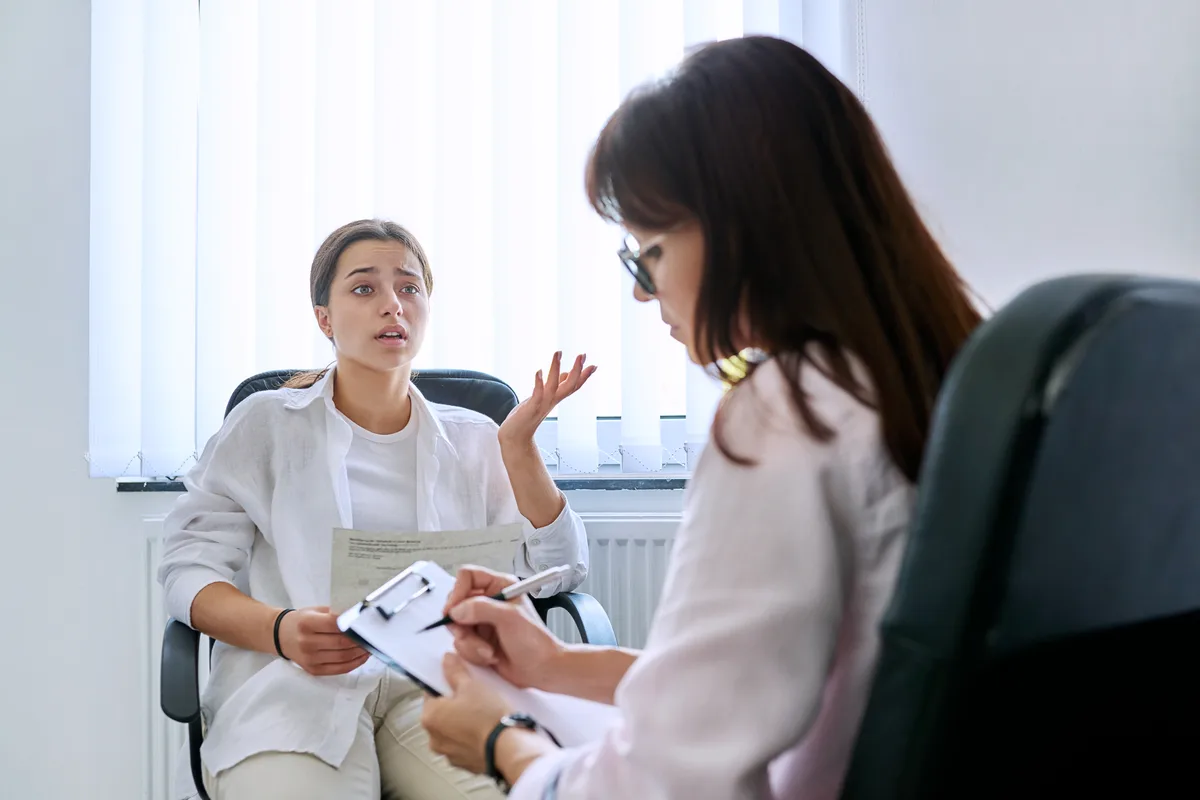









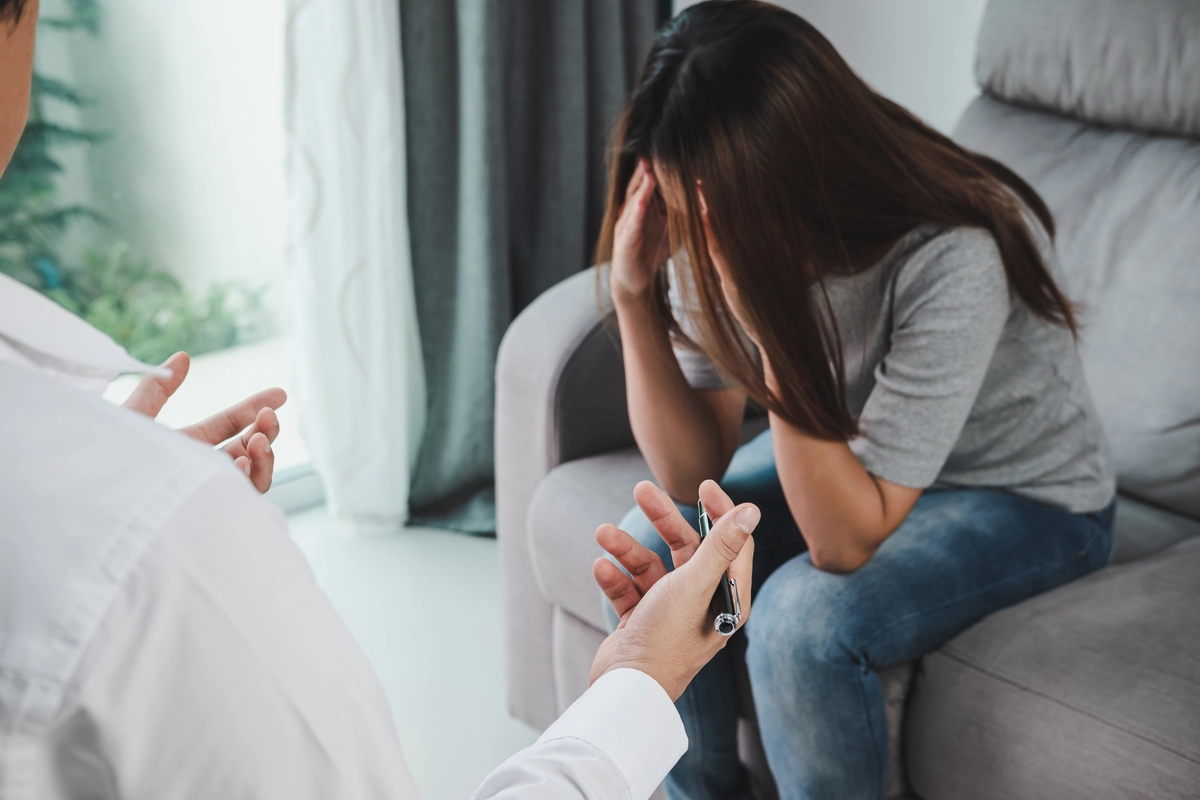



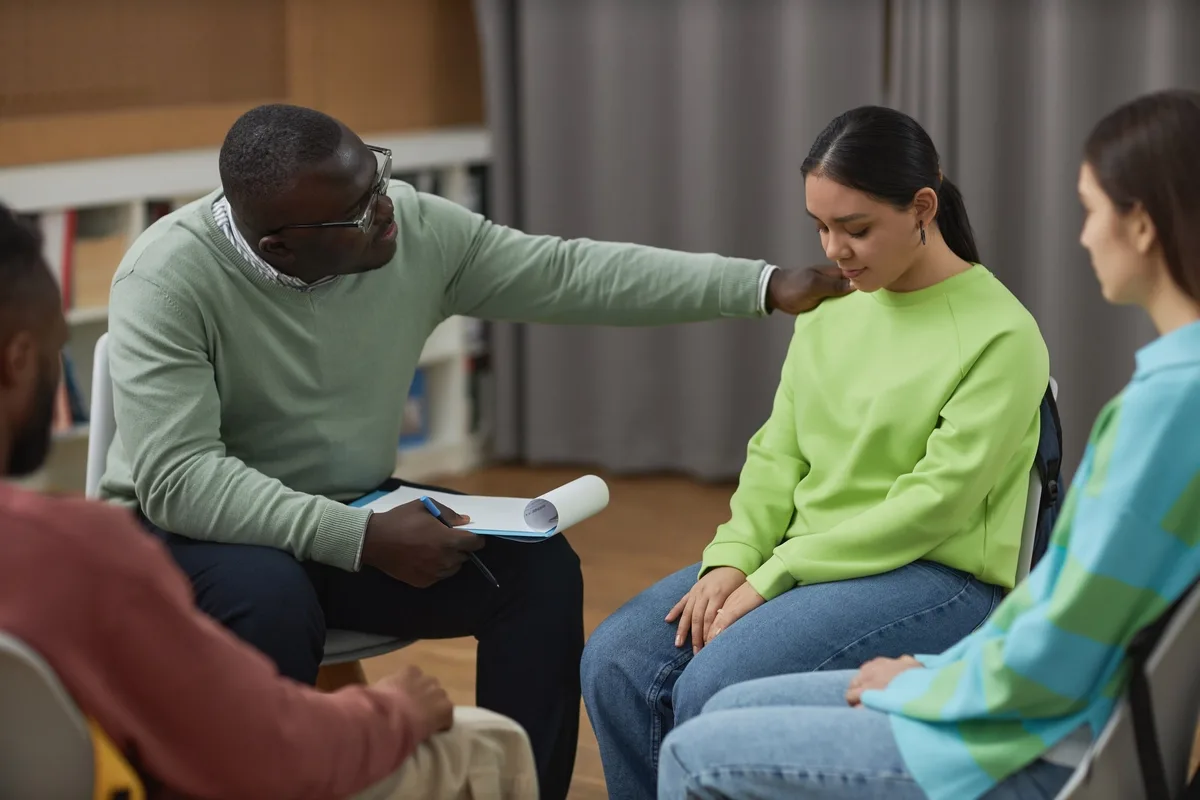










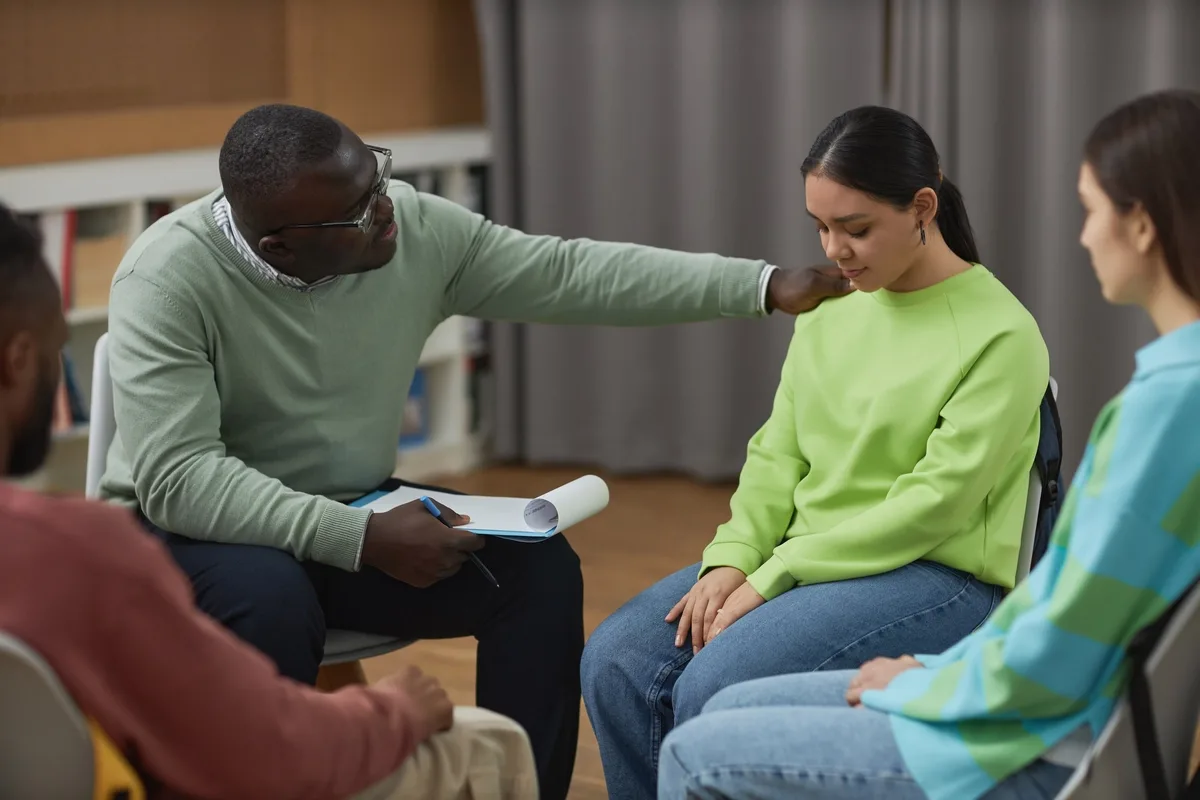







Western Montana Mental Health Center – Lake County Addiction Services
Western Montana Mental Health Center – Lake County Addiction Services is a private rehab located in ...

Western Montana Mental Health Center
Western Montana Mental Health Center is a private rehab located in Polson, Montana. Western Montana ...

Sunburst Mental Health Services
Sunburst Mental Health Services is a private rehab located in Polson, Montana. Sunburst Mental Healt...

Sunburst Mental Health Services
Sunburst Mental Health Services is a private rehab located in Saint Ignatius, Montana. Sunburst Ment...

Lake County Chemical Dependency
Lake County Chemical Dependency is a private rehab located in Polson, Montana. Lake County Chemical ...

Western Montana Mental Health Center
Western Montana Mental Health Center is a private rehab located in Ronan, Montana. Western Montana M...

Tribal Health Alcoholism
Tribal Health Alcoholism is a private rehab located in Polson, Montana. Tribal Health Alcoholism spe...














































